ACP Highlights: State and Local Partners
Education Superhighway
DECEMBER 18, 2023
Oregon Cohort Through the leadership of the Oregon Broadband Office, the Oregon-based cohort has held ACP outreach events at housing authorities, libraries, CEP schools, tribal gatherings, and a local arts festival.

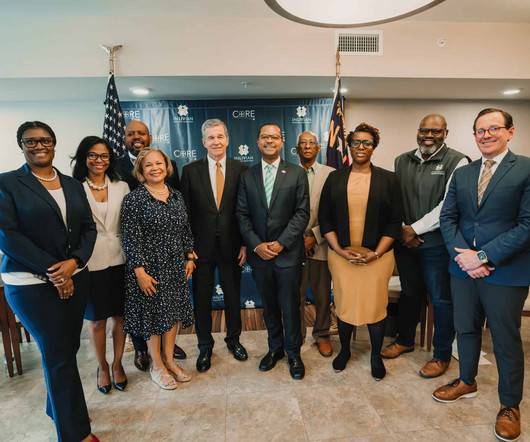
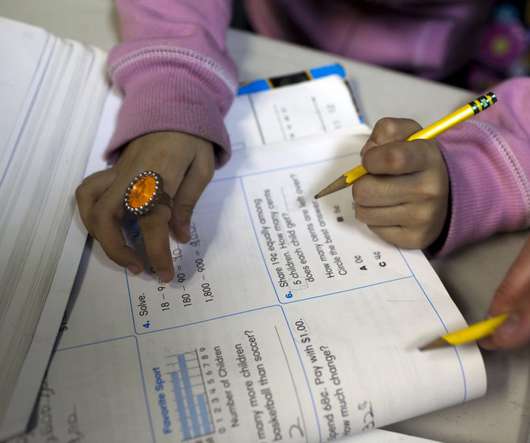
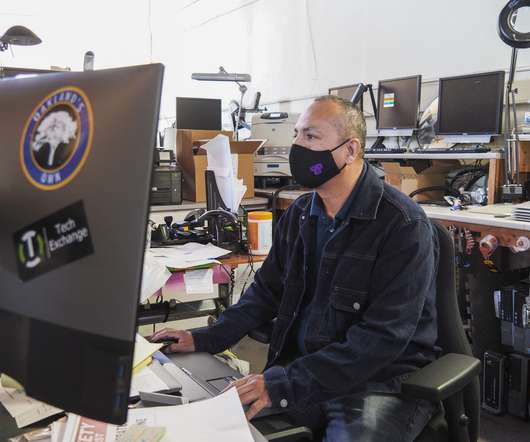
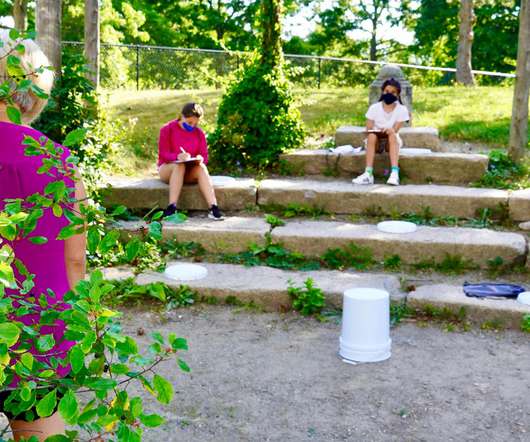


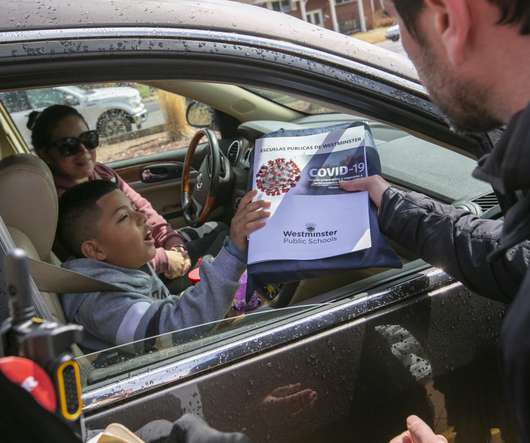










Let's personalize your content